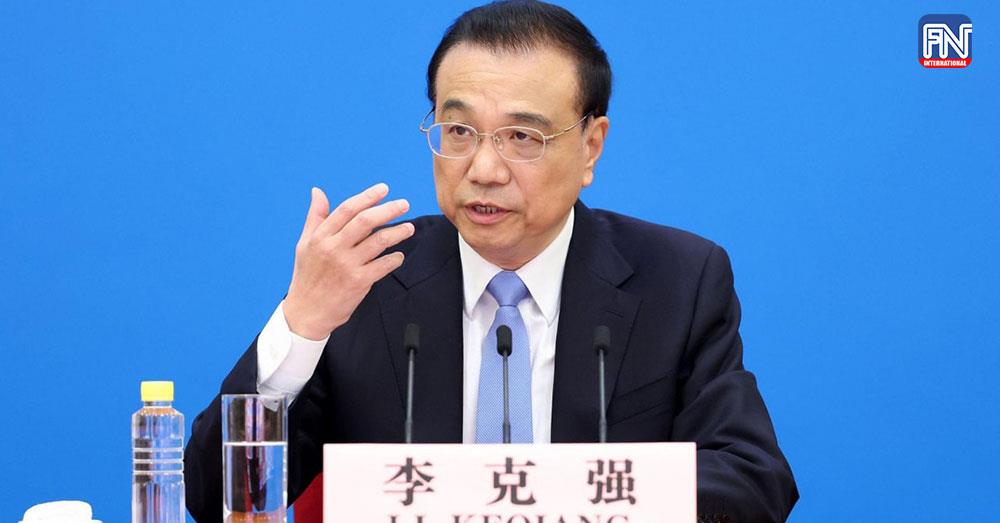BRUSSELS/BEIJING, April 1 (Reuters) - China offered the European Union assurances on Friday that it would seek peace in Ukraine but said this would be on its own terms, deflecting pressure for a tougher stance towards Russia.
Premier Li Keqiang told EU leaders that Beijing would push for peace in "its own way", while President Xi Jinping said he hoped the EU would treat China "independently", in a nod to Europe's close ties with the United States.
The EU told Beijing during the virtual summit with Li and Xi not to allow Moscow to circumvent Western sanctions imposed over Russia's invasion of Ukraine.
"We called on China to help end the war in Ukraine. China cannot turn a blind eye to Russia's violation of international law," European Council President Charles Michel told a news briefing with European Commission President Ursula von der Leyen after the first EU-China summit since Dec. 30, 2020.
"Any attempts to circumvent sanctions or provide aid to Russia would prolong the war," he said.
China is forging closer energy, trade and security ties with Moscow, positioning itself as a global force that can stand up to the United States. Several weeks before the Feb. 24 invasion, China and Russia declared a "no-limits" strategic partnership.
Li told the EU leaders that China has always sought peace and promoted negotiations and is willing to continue to play a constructive role with the international community, state broadcaster CCTV reported. CCTV also reported Xi's comments on an independent EU policy.
Michel said the two sides agreed that the war, which Russia calls a "special military operation", was threatening global security and the global economy.
China has refused to condemn Russia's action in Ukraine or call it an invasion, and has repeatedly criticised what it calls illegal and unilateral Western sanctions.
Michel and von der Leyen described the tone of the summit as "open and frank", while von der Leyen said trade between two of the world's biggest economies was far greater than China's economic ties with Russia.
More than a quarter of China's global trade was with the bloc and the United States last year, against just 2.4% with Russia, an EU official said.





